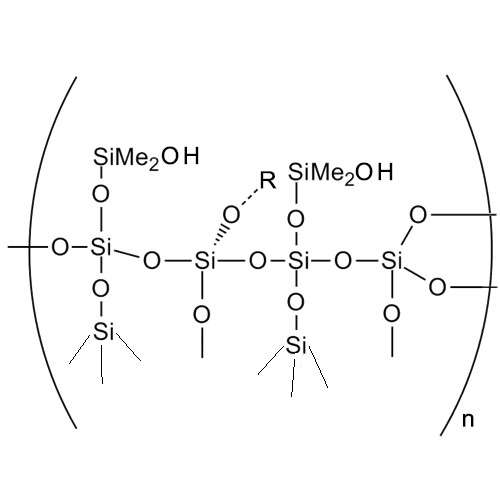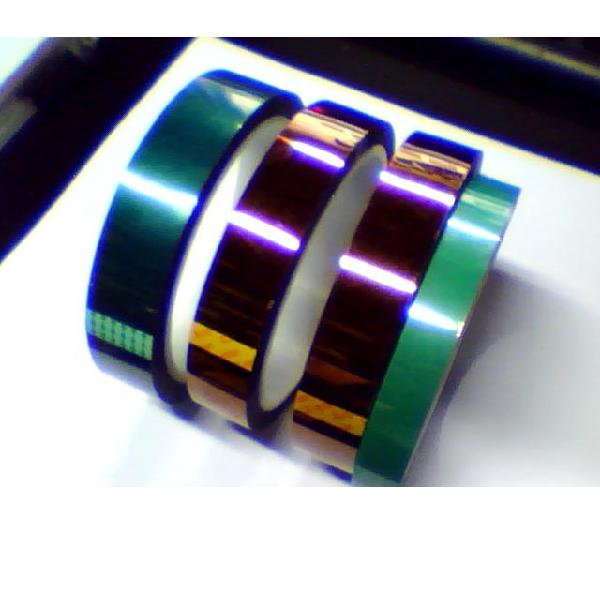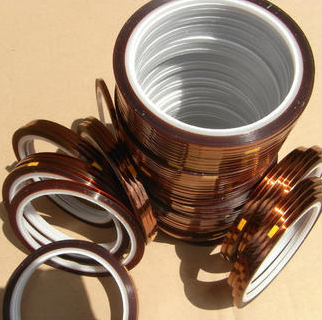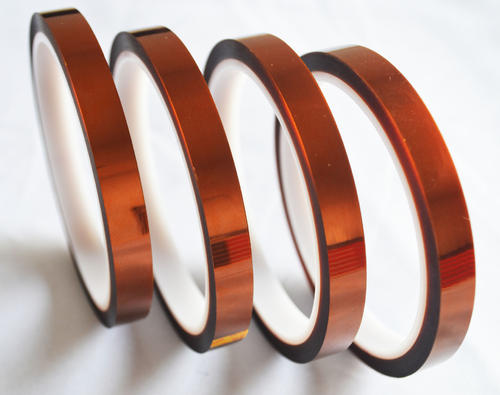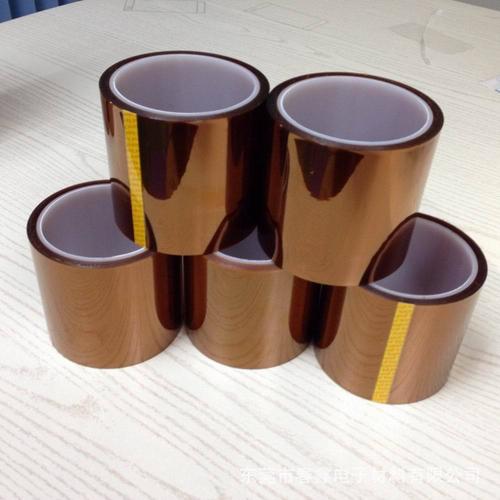What are the performance advantages of silicone resin
Silicone materials combine the properties of organic and inorganic materials, exhibiting many unique physical and chemical features, such as non-toxic and tasteless, weather resistance, electrical insulation, oxidation resistance, low surface energy, biological inertness, flame retardancy, and water repellency, etc, which is widely used in national defense, energy development, light food, textile, machinery, construction, transportation, electrical and electronic, medical and pharmaceutical, daily life and other fields.
Currently, the core silicone products can be divided into 4 categories, the core of silicone rubber, silicone oil, silane coupling agent, and silicone resin. Silicone resins have, in general, more heat resistance than organic resins and have higher dielectric strength and water resistance. Silicone MQ resin is a kind of silicone resin, which has a unique structure and excellent performance, primarily as a surface treatment agent and the silicone pressure sensitive adhesive tackifiers, reinforcing fillers for silicone rubber, silicone antifoam agents, anti-blocking agents, heat resistant coatings, mold release agents and others.
With the excellent compatibility of many organic resins, silicone resins can provide a wide range of film and performance properties for many high-value applications
Silicone resin can be classified into different types.

The organic group R is to increase the compatibility with other components for the thickening effect, SiO4 / 2 links mainly improve the strength of the composite material for the reinforcing effect.
| Properties | Silicone resin |
| High-temperature resistance | The thermal decomposition temperature is higher due to the backbone of siloxane. It usually stabilizes at 250 degrees Celsius. |
| Electrical insulation | High heat resistance to reduce electrical insulation. |
| Water resistance | The arrangement of methyl groups in molecules makes them hydrophobic, and therefore the film has little water absorption. In addition, even if water is absorbed, it will be released quickly and restored to its original state. |
| Weather resistance | Difficult to produce free radical reaction and oxidation reaction caused by ultraviolet radiation, so it has excellent weather ability. |
| Mechanical strength | Small Intermolecular attraction and low effective crosslinking density to weaken the general mechanical strength (bending, tensile, impact, scratch resistance, etc.) |
Silicone MQ resin is a relatively unique structure of the silicone resin with a silicone compound containing tetrafunctional siloxane chain (SiO4 / 2, Q) and monofunctional siloxane chain links (R3SiO1 / 2, M), which is subjected to a co-hydrolysis-polycondensation reaction to form a three-dimensional spherical structure of silicone grease.
M Unit
Used as an end-blocker in the formation of siloxane chains or to terminate resin growth.
Q Unit
Used to form Silicone gel by condensation of hydroxyl groups under acidic or basic conditions
Silicone pressure sensitive adhesive is a special adhesives made of silicone MQ resin, silicone rubber, catalyst, crosslinking agent and other additives.
Silicone MQ resin mainly has the thickening reinforcing effect. A hydroxyl group or a vinyl silicone in MQ resin respectively synthesized with a hydroxyl group or the silicone rubber under the effect of the catalyst to produce the Silicone pressure sensitive adhesive.
The molecular quality of MQ resins has a great impact on the adhesion of pressure-sensitive adhesive properties. The change of molecular makes the viscosity and cohesive strength of the pressure sensitive adhesive change. When the molecular weight is high, the pressure sensitive adhesive has high cohesive strength and good viscosity; while the molecular weight is low, the bulk viscosity is low, and the interfacial adhesion can be improved, but the polymer has low cohesive strength and is liable to cause cohesive failure during peeling.

